FREE WEBINAR
Ways to Enhance Community Safety
October 12, 2022
12:00 p.m. – 1:30 p.m. E.D.T.
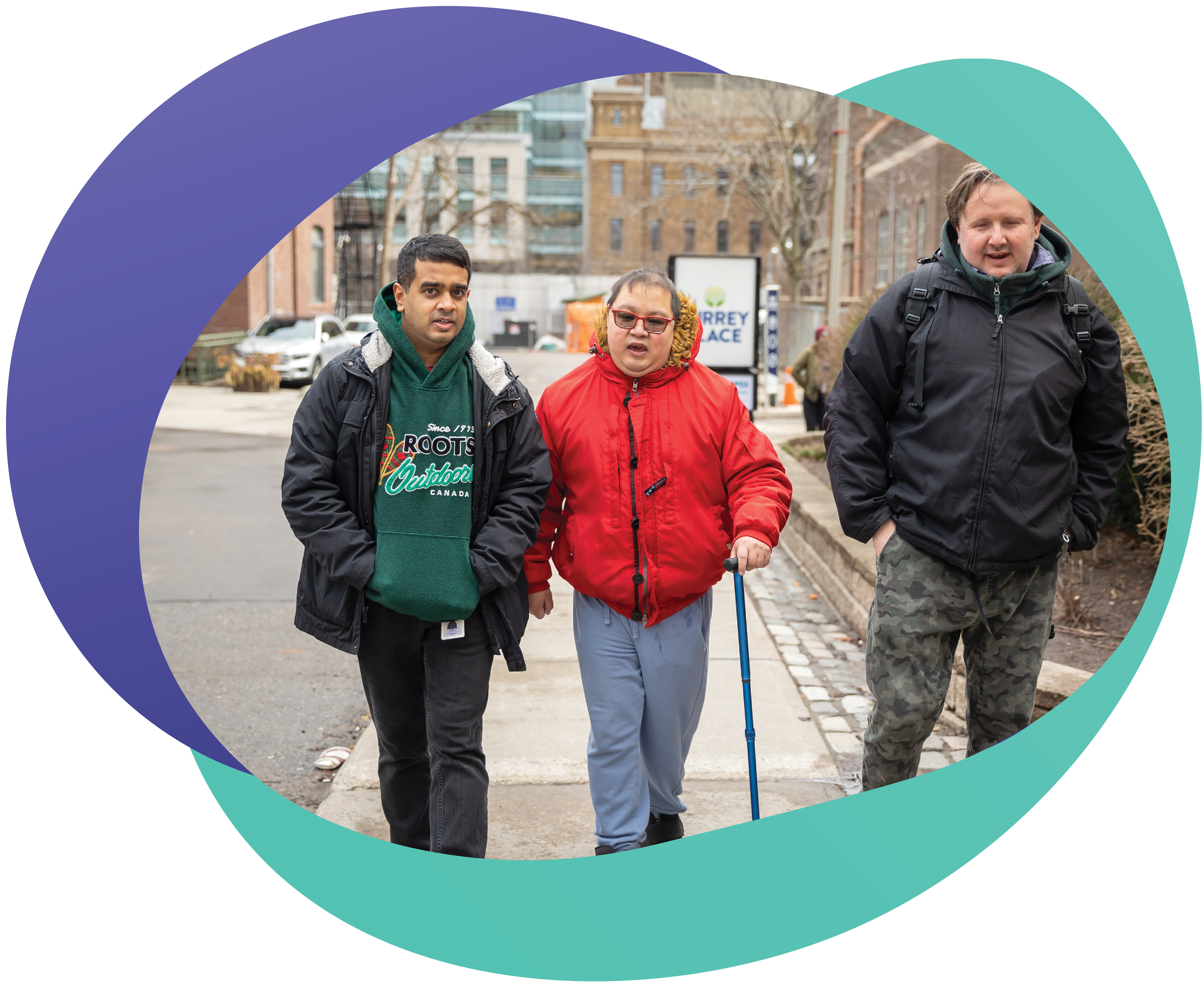
People with neurodiverse backgrounds and their families and caregivers experience daily challenges in keeping themselves safe when navigating their local and surrounding communities. Join us for this free community forum, moderated by the Equity, Diversity, Inclusion and Accessibility (EDIA) and Innovation Department with SMILE Canada and the Toronto Police Service, as professionals, people with intellectual and developmental disabilities, family members and caregivers come together to gain a better understanding of community safety needs from a culturally sensitive perspective.
The goal of this forum is to engage in dialogue and develop practical solutions to improve community safety through knowledge exchange. Everyone will teach and everyone will learn, including the professionals mediating the conversation. Neurodiverse people and their families/caregivers are encouraged to share barriers and strategies to support building a community of trust. Professionals from community organizations may also offer strategies to enhance personal safety and advocate for culturally sensitive support.
For technical or registration support, contact Alicia Gonen at alicia.gonen@surreyplace.ca or call 416-209-0966.
Why Join?
Participants will learn about some of the challenges that clients encounter in keeping themselves safe when navigating their communities as well as strategies to enhance their safety. The discussion will focus on sharing the experiences of clients and caregivers who are newcomers to Canada, have disabilities (including IDD, ASD, etc.) or who have encountered other barriers impacting their safe community engagement. Challenges that these clients and their families/caregivers experience during interpersonal interactions with community agencies, authority figures, etc. will be highlighted. Strategies to meaningfully engage with various community organizations to enhance personal safety and promote positive outcomes for everyone involved will also be shared.
This forum is part of a series to raise awareness and build knowledge about the lived experiences of people with physical, emotional, or culturally diverse characteristics. Check out the previous event in the series Visions of Hope: Perfect Just as We Are.
About Surrey Place’s Equity, Diversity, Inclusion and Accessibility (EDIA) and Innovation Department
The Equity, Diversity, Inclusion and Accessibility (EDIA) and Innovation Department aims to reduce disparities driven by social, racial and economic inequalities and improve access to clinically appropriate care. We work to cultivate a high-performance organizational culture through education, research and long-lasting partnership building.
Our goals include raising awareness and building knowledge from those who have lived experiences due to physical, emotional and social differences. We regularly host spotlight series featuring key guest speakers with lived experiences to share their life journeys.
Panelists

Marya Bangash
Education and Outreach Coordinator at SMILE Canada – Support Services
Marya Bangash is the Education and Outreach Coordinator at SMILE Canada – Support Services. She is a first-year student at York University. Marya is co-chair for the Holland Bloorview Youth Advisory Council and a Social Media Influencer who dedicates her time and energy to disability advocacy. Her work includes spreading advocacy and hosting presentations, workshops, and community conversations with community leaders, universities, hospitals, and various institutions on the importance of culturally responsive accessible support for racialized children and youth with disabilities.

Kim Daniel
Director of Community Partnerships and Innovation at Surrey Place
Kim Daniel, M.Ed., PhD., received her Ph.D. from McGill University in an APA/CPA accredited Counselling Psychology program, where she developed her skills in research and clinical work. She completed her residency at Surrey Place, working with individuals with different developmental disabilities and autism spectrum disorder (ASD). She also completed a postdoctoral clinical fellowship at Toronto’s Hospital for Sick Children, working in the Pediatric Clinical/Health Psychology and Behavioural Medicine Division with both in-patients and out-patients.
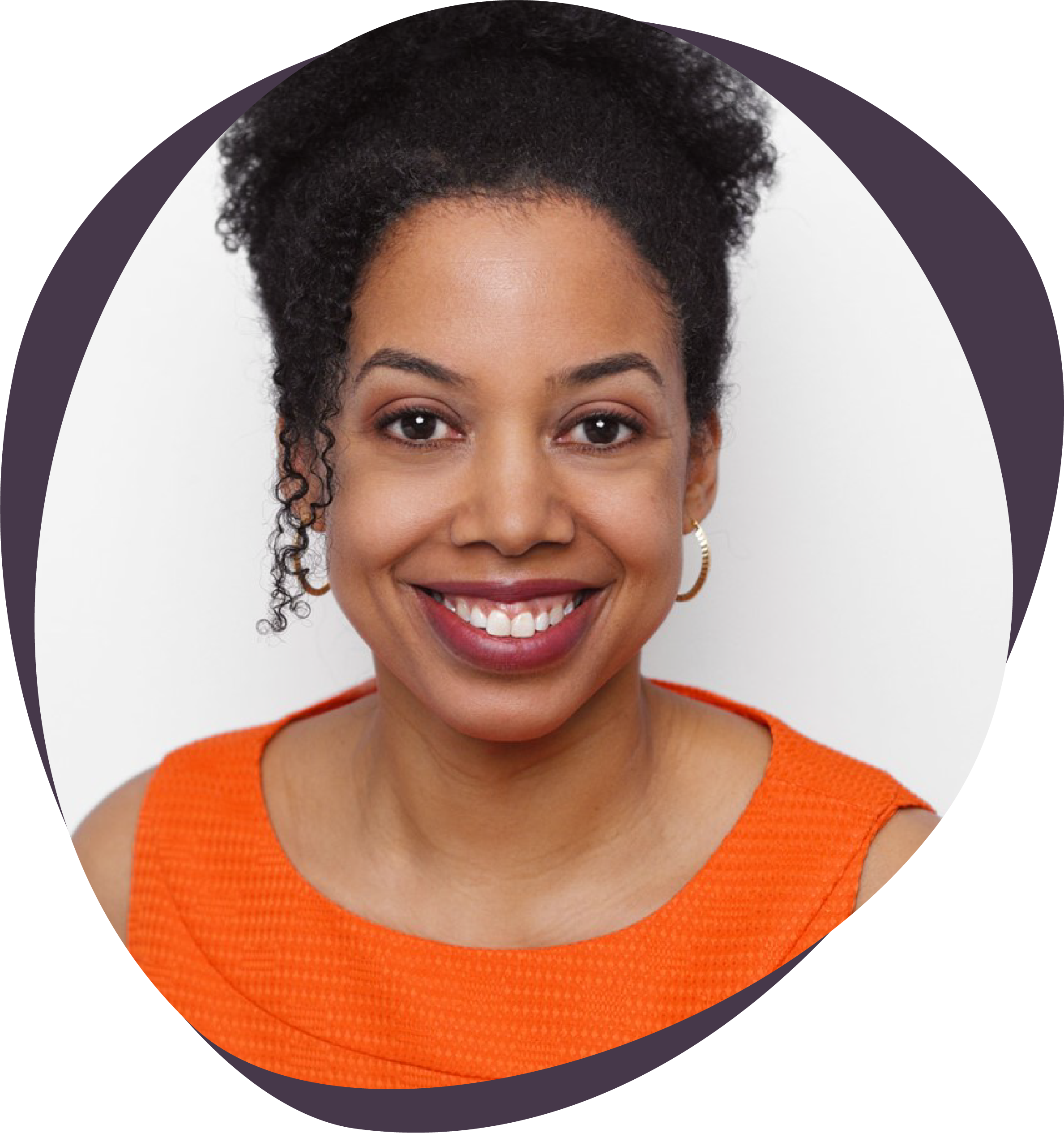
Patrice de Peiza
Manager of Equity, Diversity, Inclusion and Accessibility at Surrey Place
Patrice is a registered Occupational Therapist (OT) with a passion for equity, diversity and inclusion work. She earned a Masters degree from the University of Toronto (where she also belongs to an anti-oppression educator’s group) and completed a diversity and inclusion certificate program through Cornell University. Patrice has lectured on anti-Black racism and allyship in academic and healthcare settings provincially and nationally. She founded the Black Occupational Therapists of Ontario Association (https://www.botoa.ca), to create a safe space for Black OTs to share their experiences. Patrice also serves on the Equity Perspectives Panel for the College of Occupational Therapists of Ontario.

Alicia Gonen
Transitional Services Facilitator at Surrey Place
Alicia Gonen has worked with marginalized populations of diverse backgrounds in the nonprofit sector since 2009. Her professional experience includes; working for a mentorship program, exit gang program, autism program, employment initiative, and parenting training for neurodiverse individuals. Alicia is a Board Member for Lakeshore Arts in Toronto to support their Equity, Diversity and Inclusion planning and implementation. She received her Masters of Education with an emphasis in Applied Behaviour Analysis from Western University in 2015. She has supported individuals with IDD, mental health issues, and dual diagnoses in their effort to become more active members of their communities.
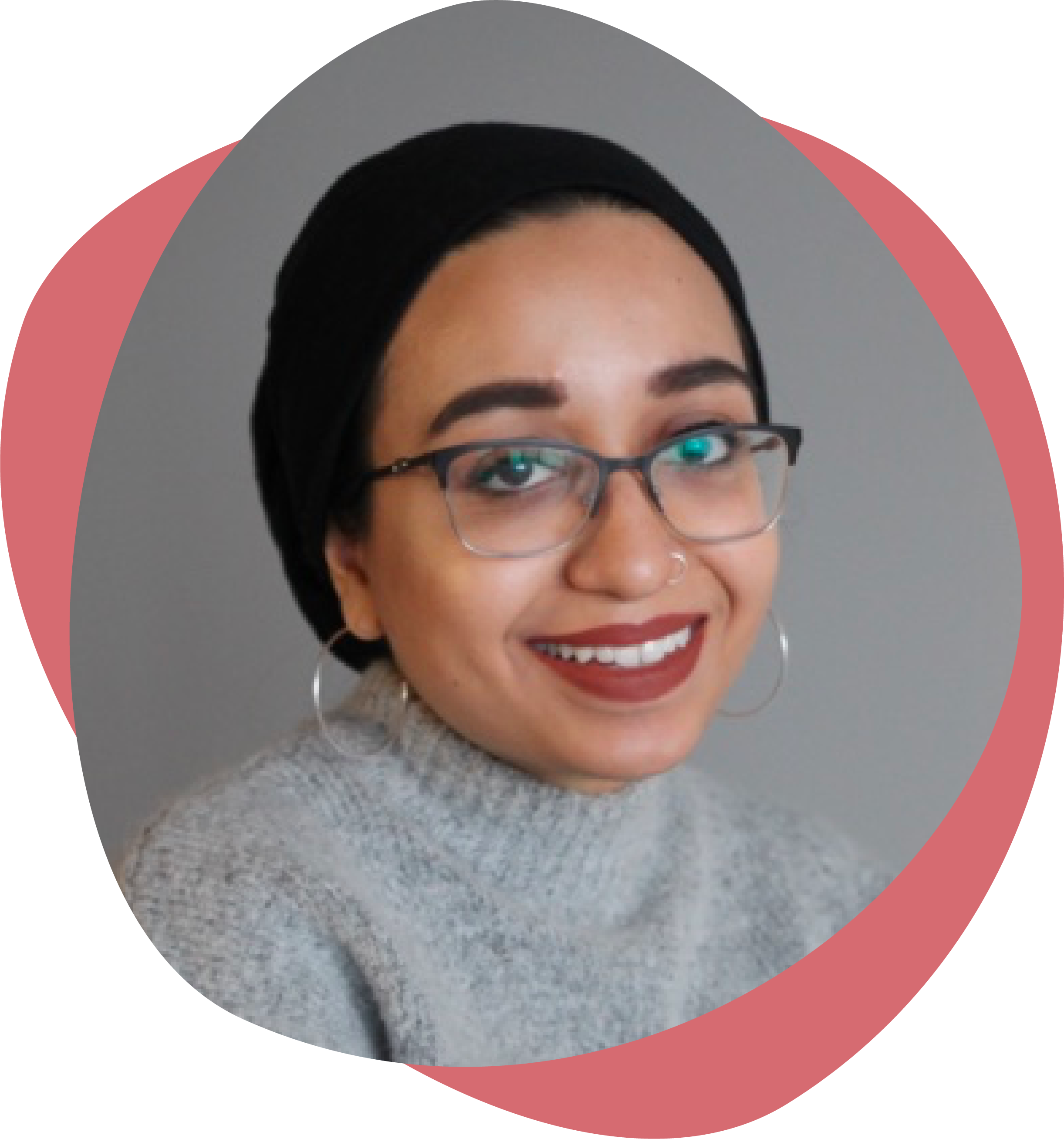
Nida Khan
Director of Research and Education at SMILE Canada – Support Services
Nida Khan is the Director of Research and Education at SMILE Canada – Support Services. She holds a Masters of Public Policy and Administration with a concentration in Social Change Leadership. Her academic background includes research on the impacts of Emotional Intelligence training for Law Enforcement Officers in order to reduce instances of police brutality against marginalized populations. She is a visible Muslim woman with a disability and strongly advocates for the rights of underserved populations in Canada.

Mark McCabe
Vulnerable Persons Coordinator – Community Partnership and Engagement Unit, Toronto Police Service
Mark McCabe has been a police officer with Toronto Police since 2005. After completing training at the Ontario Police College, Mark was transferred to 41 Division in Scarborough. At 41 Division, he worked in the primary response and traffic response units. He then spent six years in the Community Relations and Crime Prevention unit. During that time, he started a number of crime prevention initiatives. In March 2020 Mark was assigned as the Vulnerable Persons Coordinator at the Community Partnership and Engagement Unit of Toronto Police. Mark has received numerous letters of recognition for his work in the community.
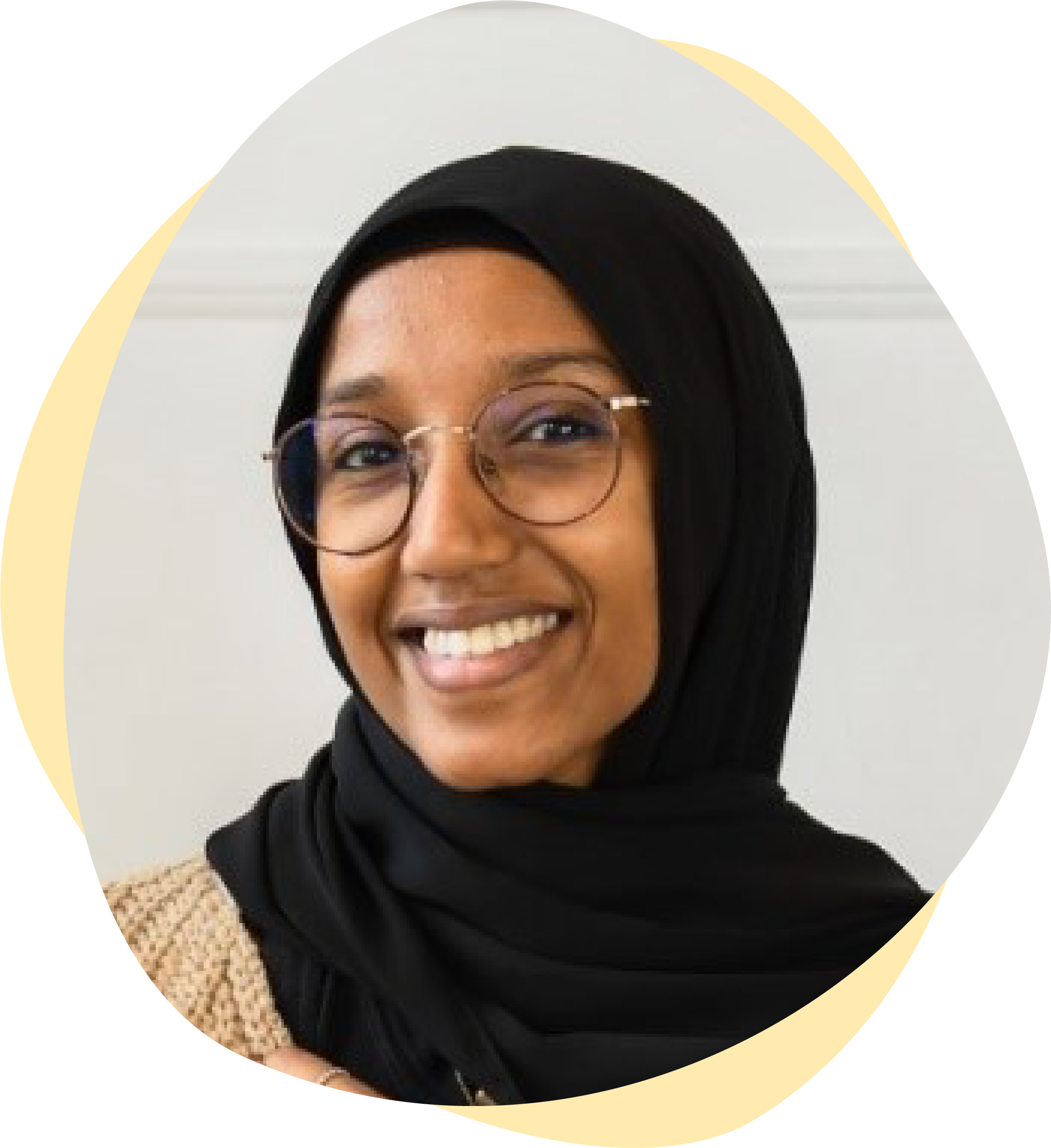
Raian Othman
Director of Service Navigation at SMILE Canada – Support Services
Raian Othman is the Director of Service Navigation at SMILE Canada – Support Services. Her academic background includes work in psychology with postgraduate studies in infant and early childhood mental health. Raian dedicates her personal and professional time to advocating for culturally responsive mental health promotion and preventative measures for racialized members in the community.
Partners
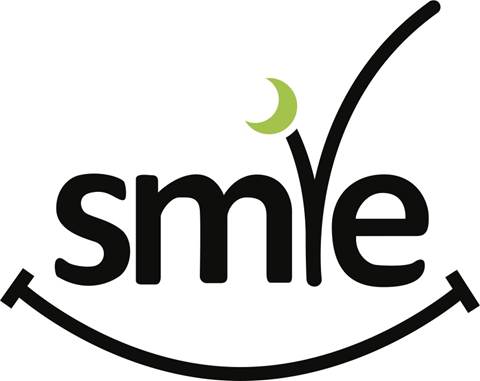
SMILE Canada – Support Services
SMILE Canada is a charity dedicated to supporting racialized children and youth with disabilities and their families. SMILE’s focus is diverse Muslim communities including refugee and immigrant families. Our vision is to ensure that all children & youth are smiling, by supporting families through various programs and services in a culturally responsive manner.

Community Partnership and Engagement Unit of the Toronto Police Service
The Toronto Police Service’s ‘Community Partnerships and Engagement Unit’ (CPEU) is divided into 3 major sections: Community Engagement, Neighbourhood Policing, and Community Services. CPEU also oversees the Youth in Policing Initiative (YIPI), and the Law Enforcement Torch Run in support of Special Olympics Ontario. The unit continuously works on developing, enhancing, and maintaining constructive community partnerships.
Contact Information
For technical or registration support, contact Alicia Gonen at alicia.gonen@surreyplace.ca or call 416-209-0966.
For inquiries about future events, contact Patrice de Peiza at patrice.depeiza@surreyplace.ca.